The allure of exotic pets captivates many animal enthusiasts seeking companions beyond the conventional cats and dogs. From colorful reptiles and amphibians to unusual mammals and magnificent birds, exotic pets offer unique experiences and relationships. However, potential owners often wonder: are these unconventional animals truly high maintenance, or is that merely a misconception? The reality varies dramatically depending on the species, your experience level, and your lifestyle. This comprehensive breakdown explores the maintenance requirements of various exotic pets, helping you determine whether an exotic companion might fit into your life or if you should stick with more traditional options.
What Exactly Makes a Pet “Exotic”?
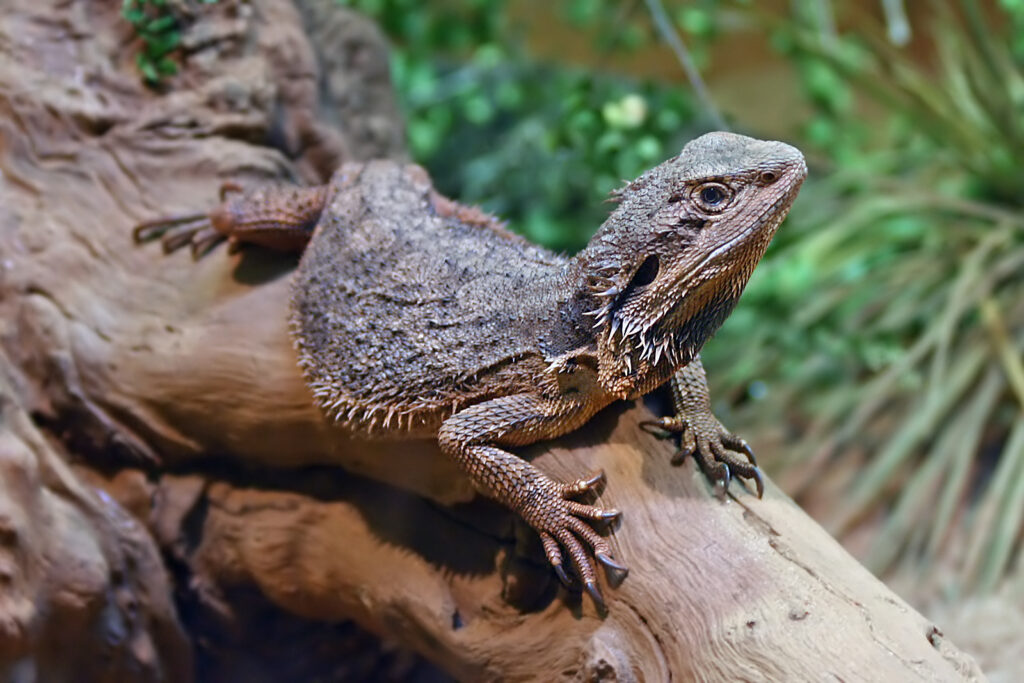
Before diving into maintenance requirements, it’s important to establish what qualifies as an “exotic pet.” Generally, exotic pets include any non-domesticated or non-traditional animal kept as a companion. This broad category encompasses reptiles like bearded dragons and ball pythons, birds such as macaws and cockatoos, unusual mammals like sugar gliders and fennec foxes, amphibians, invertebrates, and even certain fish species. The classification can sometimes depend on regional regulations, as what’s considered exotic in one location might be common in another. Understanding this distinction matters because the “exotic” label often correlates with specialized care requirements that differ significantly from those of domesticated animals that have evolved alongside humans for thousands of years.
The Financial Commitment: Beyond the Purchase Price

One of the most substantial aspects of exotic pet maintenance is the financial investment required, which extends far beyond the initial purchase price. Specialized habitats can cost hundreds or even thousands of dollars, particularly for species requiring precise temperature and humidity controls or large enclosures. Ongoing expenses include specialized diets—which might involve fresh produce, live insects, or frozen specialty foods—that often cost more than standard pet food. Veterinary care represents another significant expense, as finding an exotic animal veterinarian can be challenging, and their services typically command premium prices due to specialized training. Emergency medical situations can be particularly costly with exotic species, making comprehensive budgeting and emergency savings essential before bringing home an exotic pet.
Specialized Housing Requirements
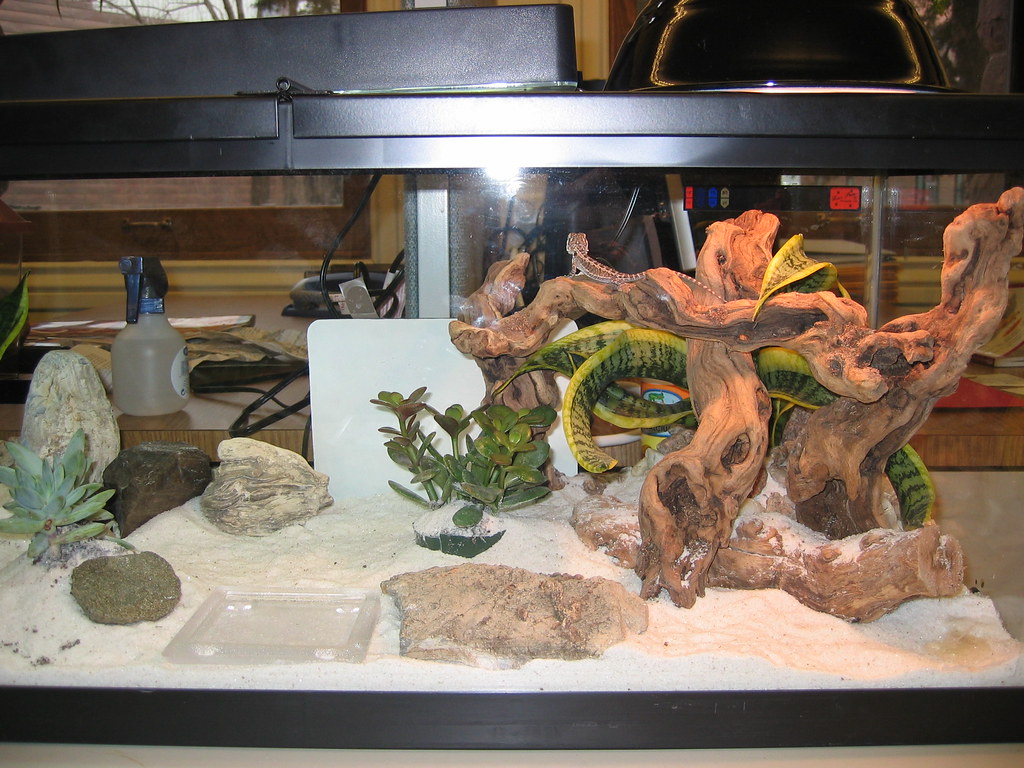
Housing requirements for exotic pets often present one of the most challenging maintenance aspects. Unlike cats and dogs that can generally share our living spaces, most exotic animals require habitats that mimic their natural environments. For reptiles, this might mean terrariums with precise heating zones, UVB lighting, and humidity controls. Exotic birds frequently need spacious flight cages that accommodate their wingspan and natural behaviors. Some exotic mammals require multi-level enclosures with climbing opportunities and enrichment features. The complexity increases with aquatic species needing specialized filtration systems and water chemistry management. These housing requirements demand not only financial investment but also significant space in your home and the technical knowledge to maintain these artificial environments properly.
Diet and Nutrition Complexities
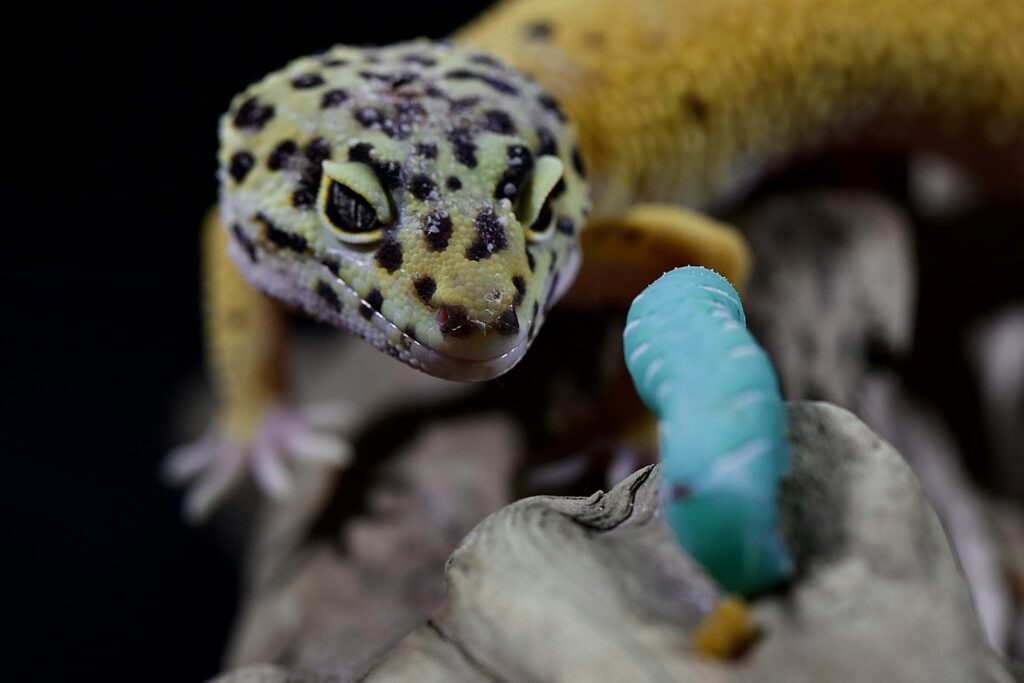
Proper nutrition represents a critical and often labor-intensive aspect of exotic pet care. Many species require highly specialized diets that bear little resemblance to the convenient commercial foods available for domestic pets. Insectivores like certain reptiles and amphibians may need regular supplies of live crickets, mealworms, or roaches that must themselves be properly “gut-loaded” with nutrients. Frugivorous species often require fresh, varied produce cut into appropriate sizes. Some reptiles need precise calcium and vitamin supplementation to prevent serious health conditions. Certain exotic pets even require whole prey items like mice or rats, which can be challenging for some owners to handle. The preparation time, storage requirements, and sourcing of these specialized food items adds a layer of complexity absent in traditional pet care.
Veterinary Care Challenges
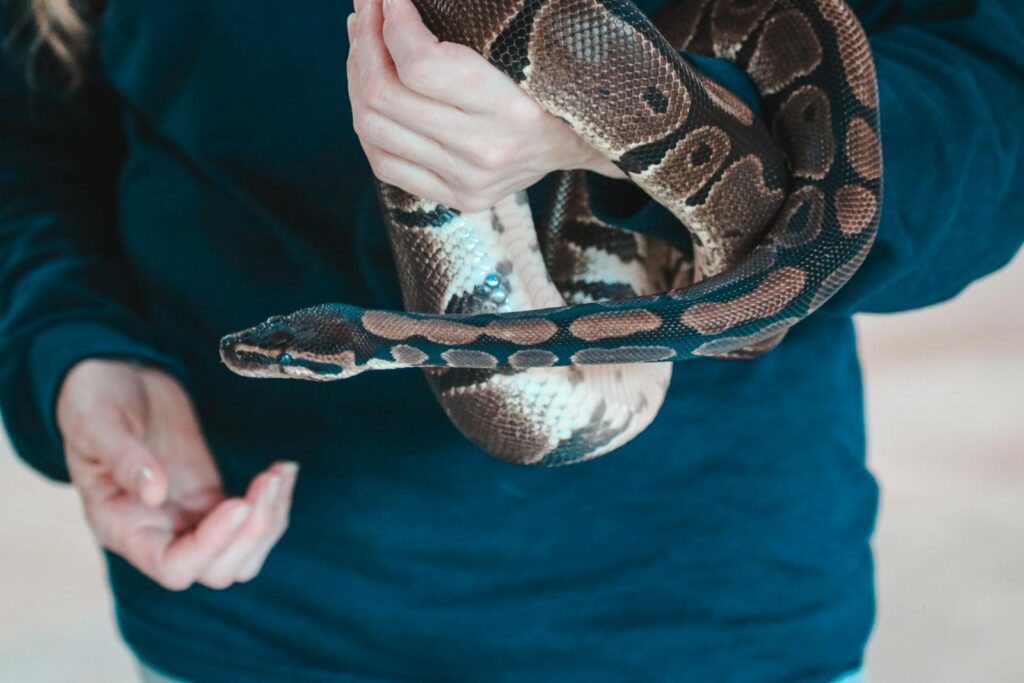
Finding appropriate veterinary care represents a significant challenge for exotic pet owners in many regions. Unlike dogs and cats served by virtually every veterinary practice, exotic animals require specialists with specific training in their unique physiologies and health concerns. These veterinarians are less common, sometimes necessitating long travel distances for routine check-ups or emergencies. The relative scarcity of exotic animal veterinarians also translates to higher service costs. Additionally, diagnostic procedures for exotic pets often differ from those for domestic animals, sometimes requiring specialized equipment or techniques. This veterinary care challenge means exotic pet owners must research available resources before acquisition and budget accordingly for potentially higher healthcare expenses throughout their pet’s life.
Time Investment: Daily Care and Maintenance

The day-to-day time commitment required for exotic pets varies dramatically between species but often exceeds that of traditional pets in specialized ways. While a healthy reptile might not need daily walks like a dog, their enclosure may require daily temperature and humidity monitoring, regular deep cleaning, and meticulous feeding schedules. Birds demand substantial daily interaction and mental stimulation to prevent behavioral issues and depression. Exotic mammals typically need daily social interaction, environmental enrichment, and habitat maintenance. Even seemingly low-maintenance species like certain invertebrates require regular habitat maintenance and monitoring. This time investment extends beyond basic care to include research and education, as staying informed about your exotic pet’s specific needs represents an ongoing responsibility that can add hours to your weekly commitment.
Longevity Considerations
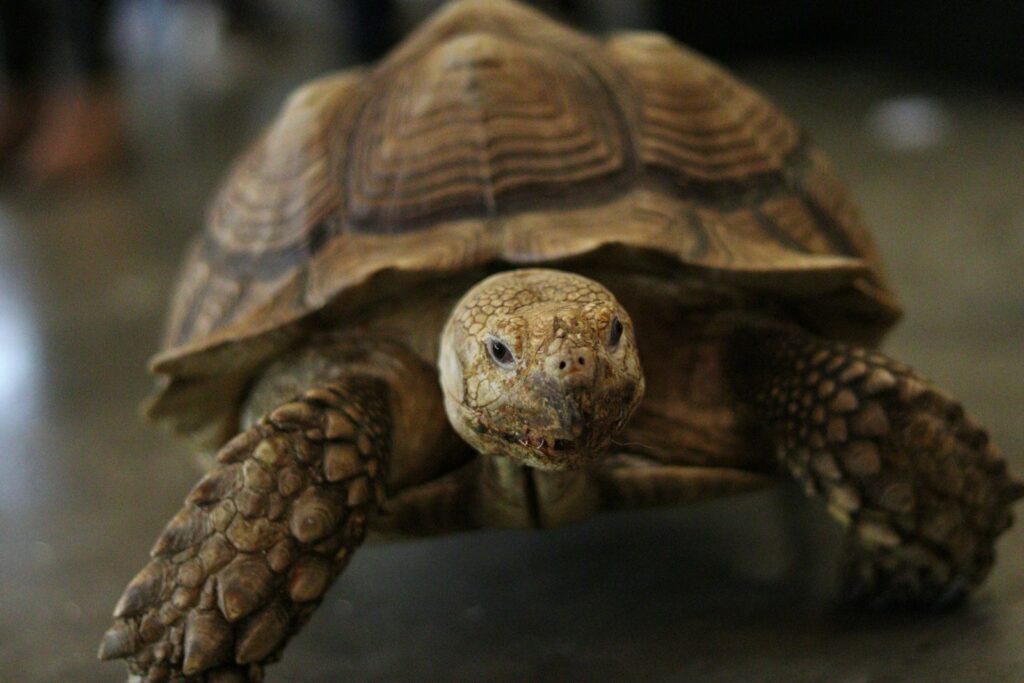
Many potential owners underestimate the longevity of certain exotic species, creating a maintenance consideration that extends across decades rather than years. Some parrot species regularly live 50-70+ years, potentially outliving their owners and requiring estate planning. Many reptiles such as tortoises and certain large lizards can live 20-50 years with proper care. Even smaller species like some geckos can live 15-20 years, far exceeding the lifespan of hamsters or mice that might seem superficially similar. This longevity transforms the maintenance question from a short-term consideration to a lifelong commitment that may span major life changes including relocations, career shifts, and family developments. The ethical responsibility of this long-term commitment represents a substantial maintenance factor that prospective owners must carefully evaluate.
Lower-Maintenance Exotic Options
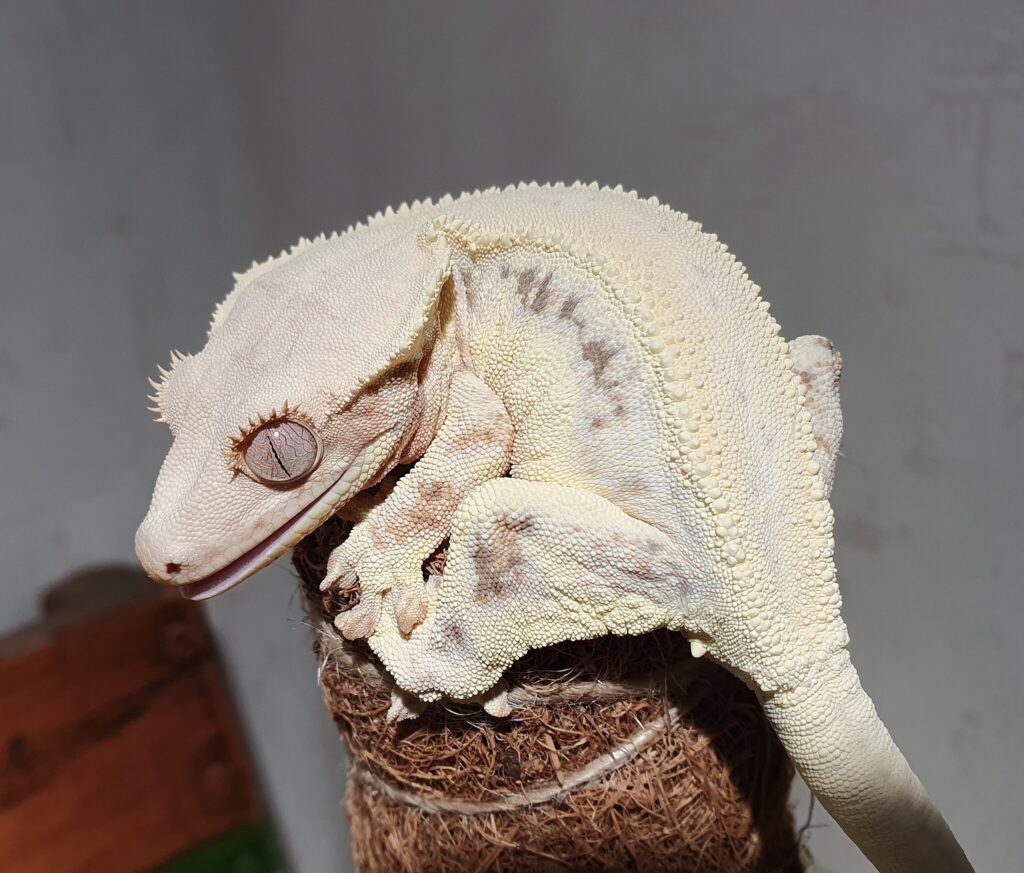
Not all exotic pets demand extreme maintenance, with several species offering relatively manageable care requirements for committed beginners. Leopard geckos stand out among reptiles for their straightforward habitat needs, hardy nature, and relatively simple insect-based diet. Certain smaller finch species require less intensive interaction than larger parrots while still offering the joys of avian companionship. Among invertebrates, many tarantula species thrive with minimal interaction, straightforward feeding schedules, and basic enclosures. Crested geckos have gained popularity partly due to their complete fruit-based powder diet that eliminates the need for live insects. While these pets still require specific care different from cats and dogs, their maintenance levels remain accessible to dedicated beginners willing to research their needs thoroughly.
High-Maintenance Exotic Species to Approach with Caution
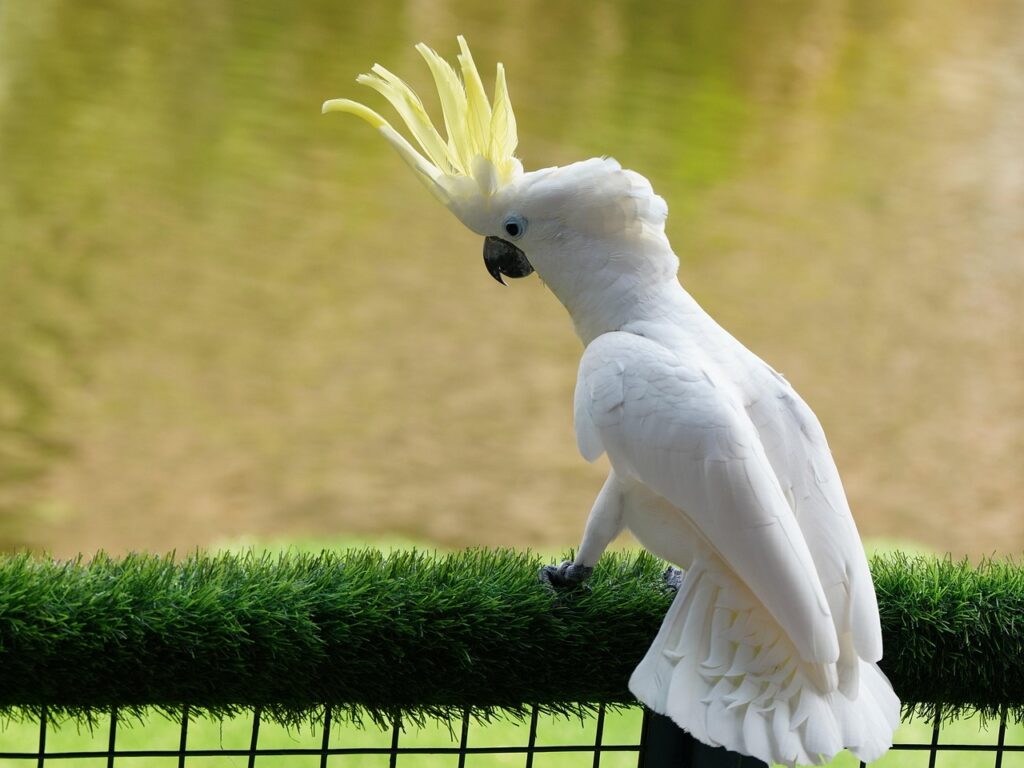
Some exotic species demand such intensive care that even experienced exotic pet enthusiasts approach them with caution. Large parrots like macaws and cockatoos require extraordinary time commitments for socialization, mental stimulation, and training, with some needing 4+ hours of direct interaction daily to prevent destructive behaviors and psychological distress. Primates, though unfortunately still legal in some regions, present extreme challenges in socialization, housing, and meeting their complex psychological needs, leading most experts to discourage their keeping as pets entirely. Certain reptiles like chameleons demand meticulously controlled environments with specific humidity gradients, airflow patterns, and UVB exposure. Kinkajous, prairie dogs, and other exotic mammals often require specially-built habitats and particular social structures that few homes can adequately provide. These high-maintenance species should only be considered by the most experienced, dedicated, and resourced exotic pet keepers.
Legal Considerations and Restrictions

The legal landscape surrounding exotic pet ownership creates an additional maintenance requirement that prospective owners must navigate. Regulations vary dramatically between countries, states, counties, and even municipalities, with some locations banning entire categories of exotic pets while others require special permits or licenses. These legal frameworks can change unexpectedly, sometimes forcing owners to rehome animals or move to different jurisdictions. Insurance considerations also come into play, as some homeowner policies exclude coverage for homes with certain exotic species. The responsibility falls on the owner to thoroughly research not only current regulations but also to monitor potential legislative changes that might affect their pet ownership. This ongoing legal vigilance represents a maintenance aspect unique to exotic pet ownership that traditional pet owners rarely encounter.
The Ethical Dimension
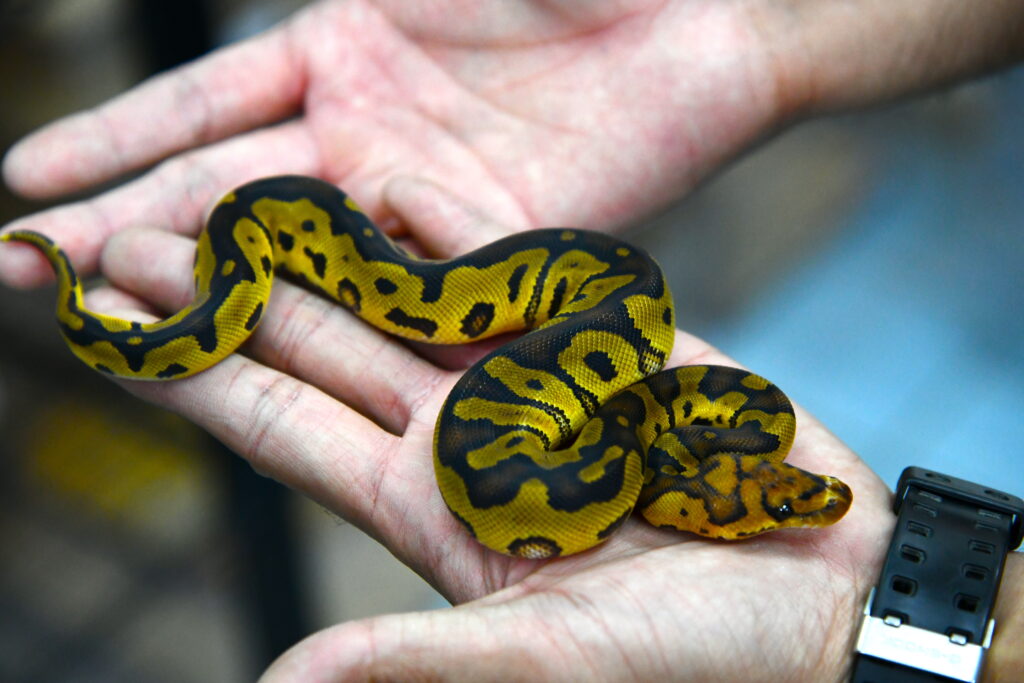
Ethical considerations add another dimension to the maintenance conversation surrounding exotic pets. Responsible ownership includes understanding the source of your exotic pet and ensuring it was captive-bred rather than wild-caught, as the latter fuels problematic wildlife trafficking and often results in animals poorly adapted to captivity. Species-appropriate care that allows for natural behaviors requires research and often more elaborate setups than minimalist approaches. The potential environmental impact if non-native species escape or are released irresponsibly creates an additional ethical responsibility for secure containment. Exotic pet owners must also consider contingency plans for their animal’s care in emergencies or if their personal circumstances change. These ethical responsibilities represent a form of mental and moral maintenance that conscientious exotic pet owners incorporate into their overall care approach.
Resources and Communities
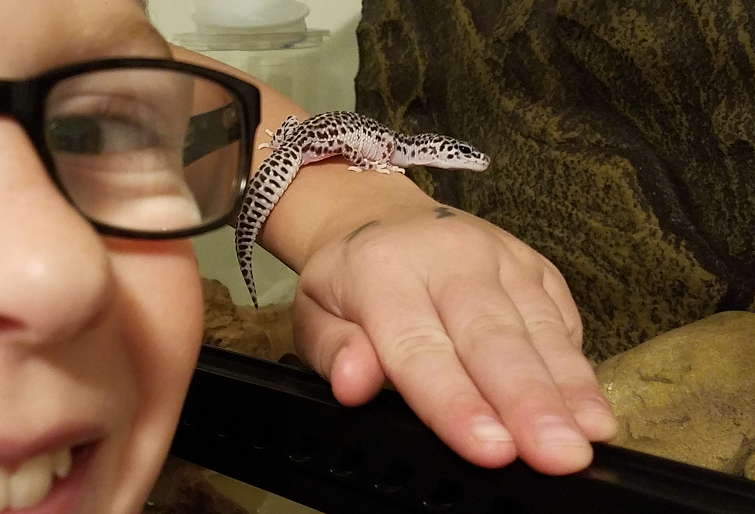
Successfully maintaining exotic pets often depends heavily on accessing quality information resources and supportive communities. Species-specific forums, social media groups, and reptile, avian, or exotic mammal societies provide valuable insights from experienced keepers. These communities offer practical advice on habitat design, troubleshooting health concerns, and sourcing appropriate supplies. Reputable exotic veterinarians serve not only as healthcare providers but also as educational resources for ongoing care. Building connections with other local exotic pet owners can prove invaluable for emergency backup care and sharing resources like bulk food orders. For many exotic pet enthusiasts, these communities transform maintenance challenges into shared experiences and learning opportunities, creating a supportive network that enhances the exotic pet keeping experience.
Is an Exotic Pet Right for You?
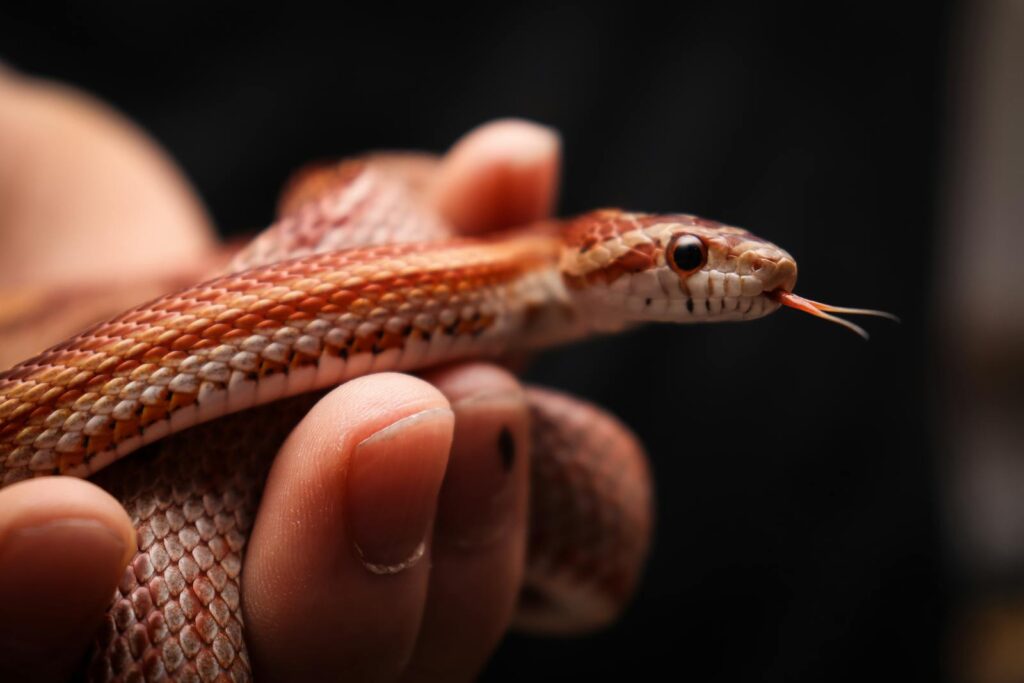
Determining whether an exotic pet aligns with your lifestyle requires honest self-assessment of several key factors. Your schedule flexibility matters significantly—if you travel frequently or work unpredictable hours, species requiring daily precision care may prove challenging. Financial security must extend beyond the initial purchase to cover potentially decades of specialized care, including emergency veterinary funds. Your living situation needs stability, as moving with exotic pets often presents complex challenges, especially with rental properties. Your willingness to learn specialized husbandry techniques and adapt to your pet’s needs rather than expecting them to adapt to yours represents perhaps the most crucial factor. While exotic pets can offer extraordinary companionship and fascination, they thrive only when matched with owners whose resources, commitment levels, and expectations align with their specialized needs.
In conclusion, the question of whether exotic pets are high maintenance doesn’t have a one-size-fits-all answer. While some species require extraordinary commitments of time, money, and expertise, others can be managed by dedicated beginners with appropriate research and preparation. The key lies in matching your capabilities with the right species and approaching exotic pet ownership as a serious responsibility rather than a novelty. For those who find the right match and commit to providing proper care, exotic pets can offer uniquely rewarding relationships and fascinating insights into the animal world. However, potential owners should always prioritize the welfare of these specialized animals over the desire for an unusual pet, ensuring they can truly meet all maintenance requirements before bringing an exotic companion into their home.
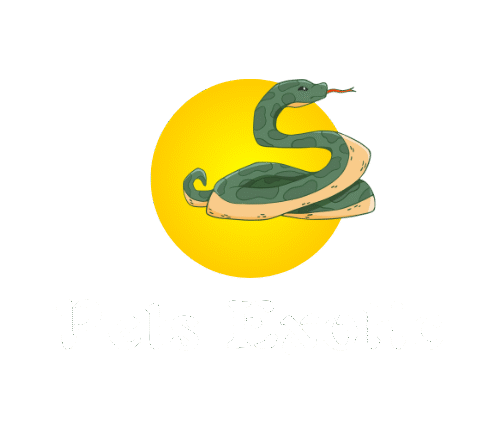

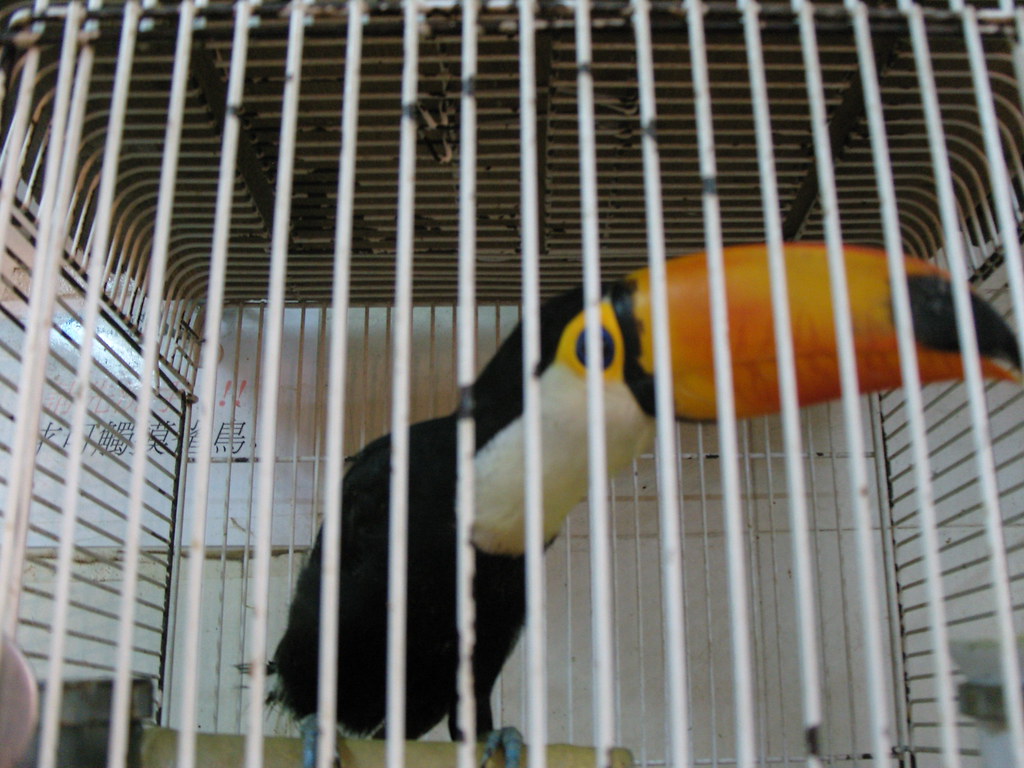
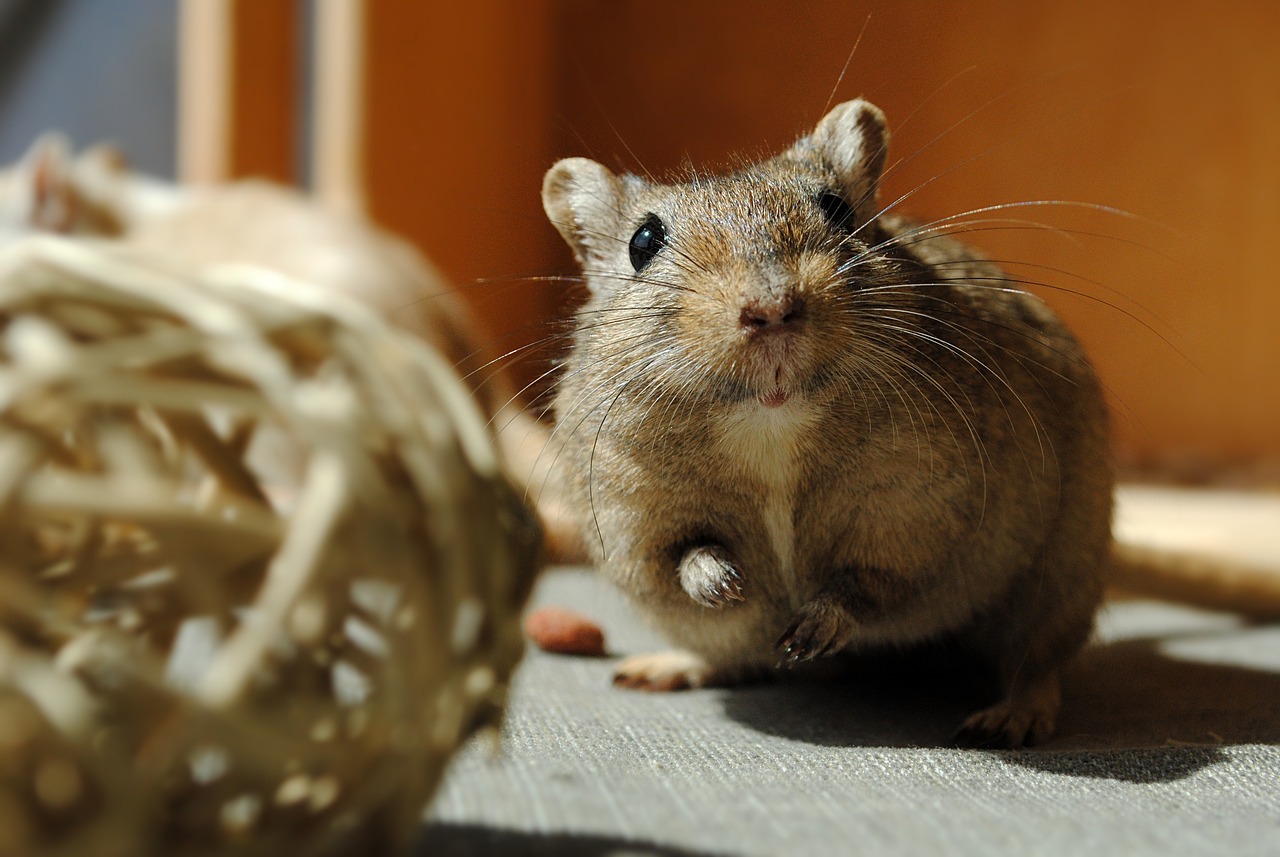
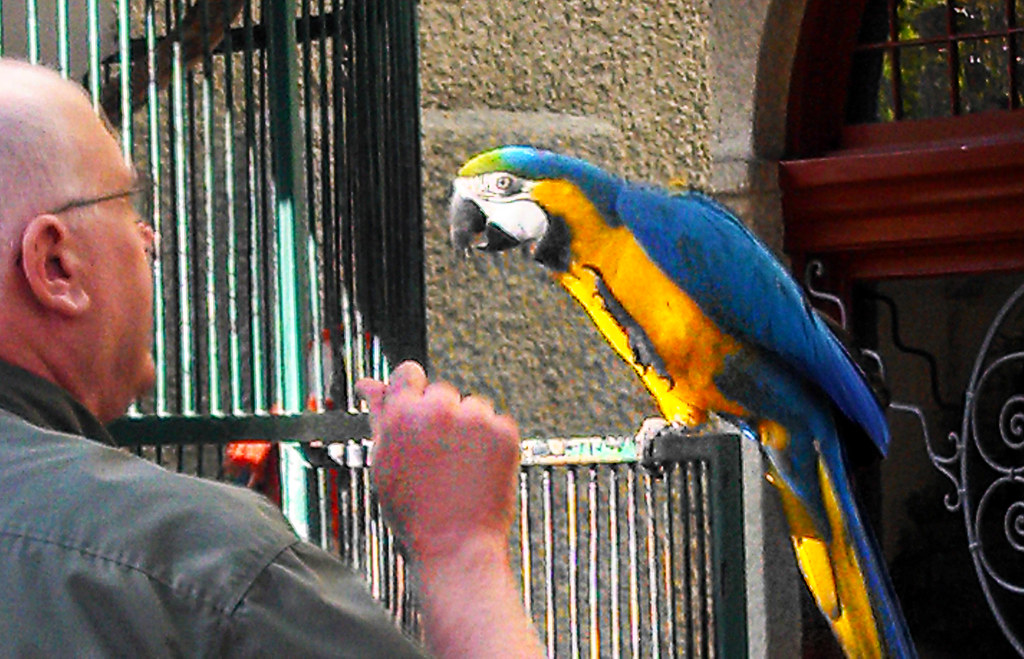
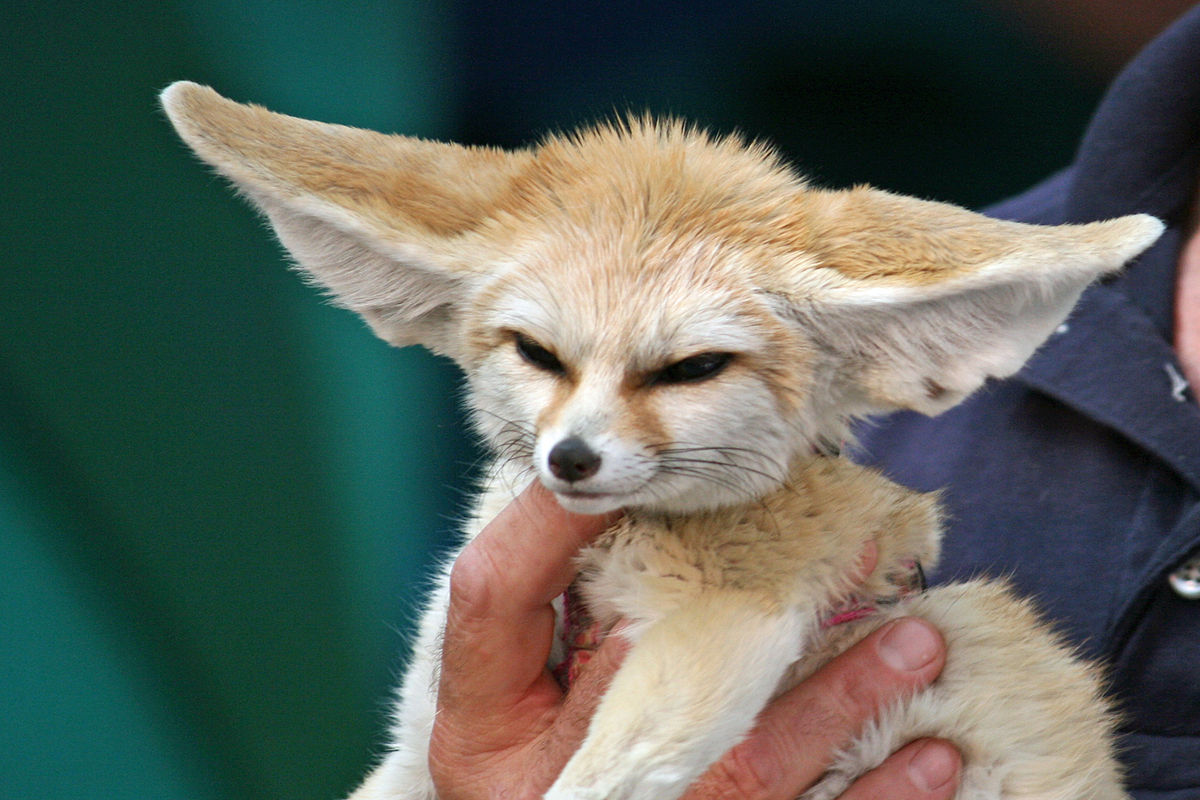
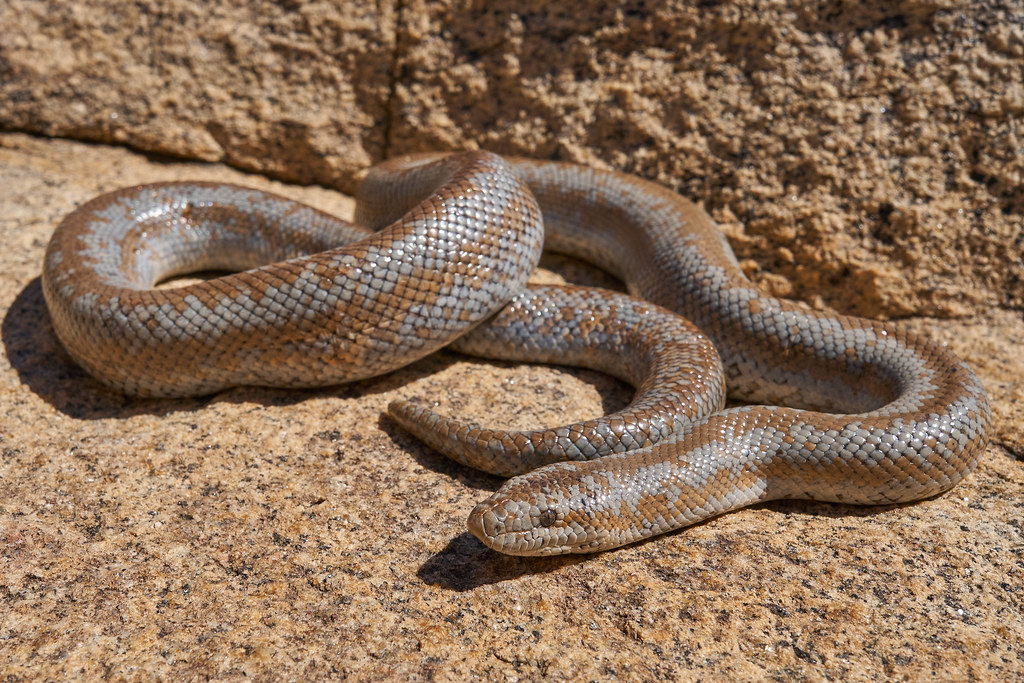
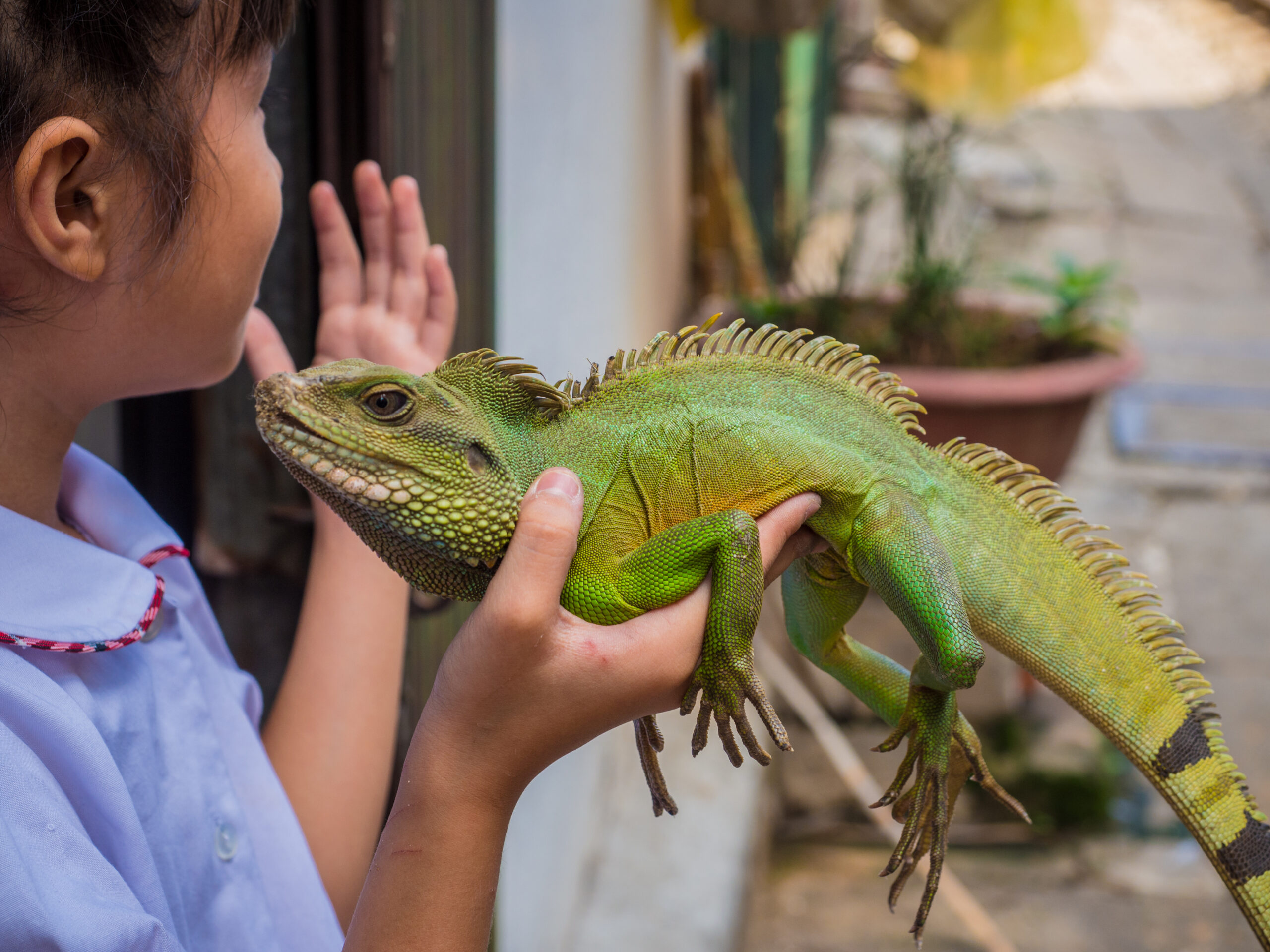
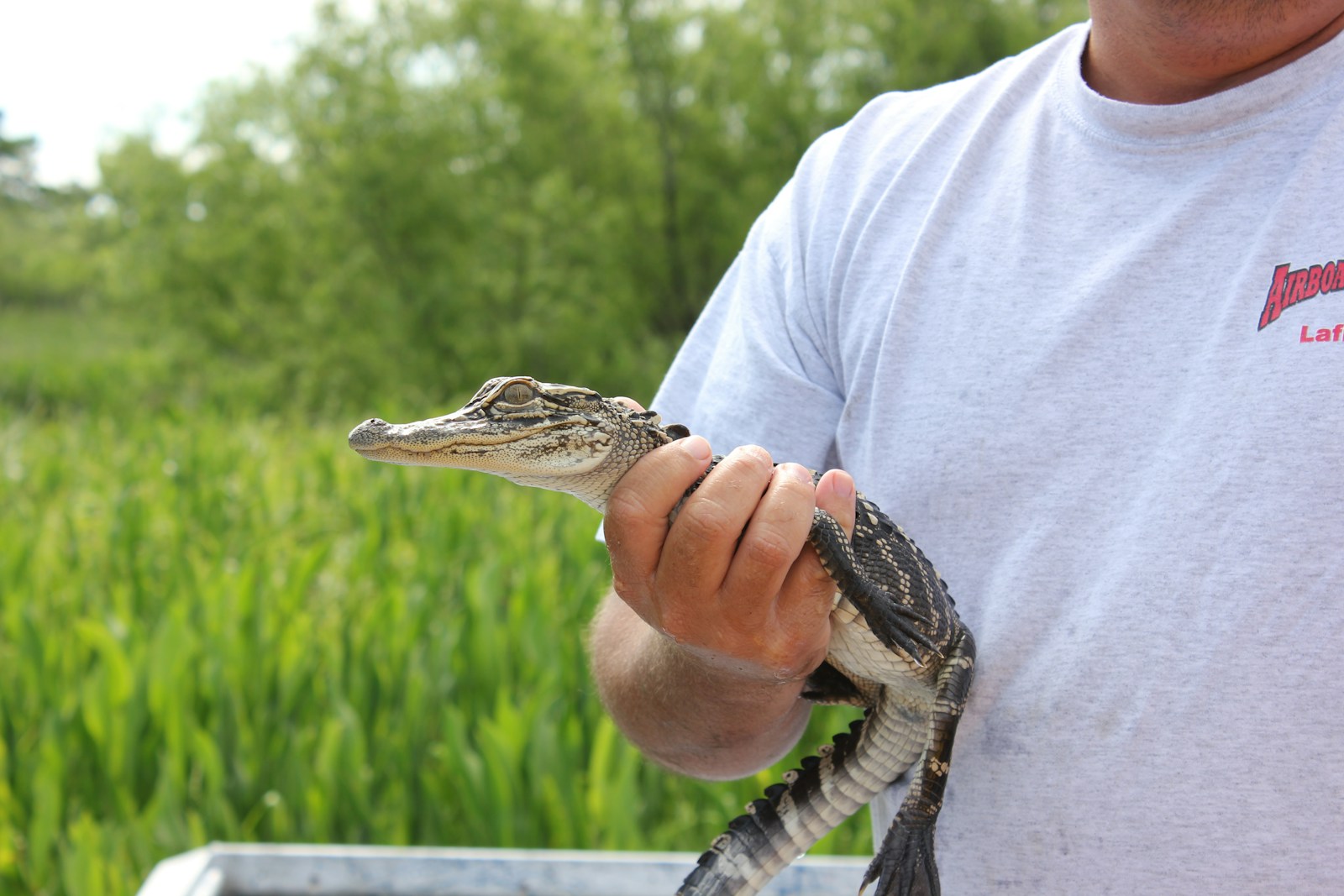
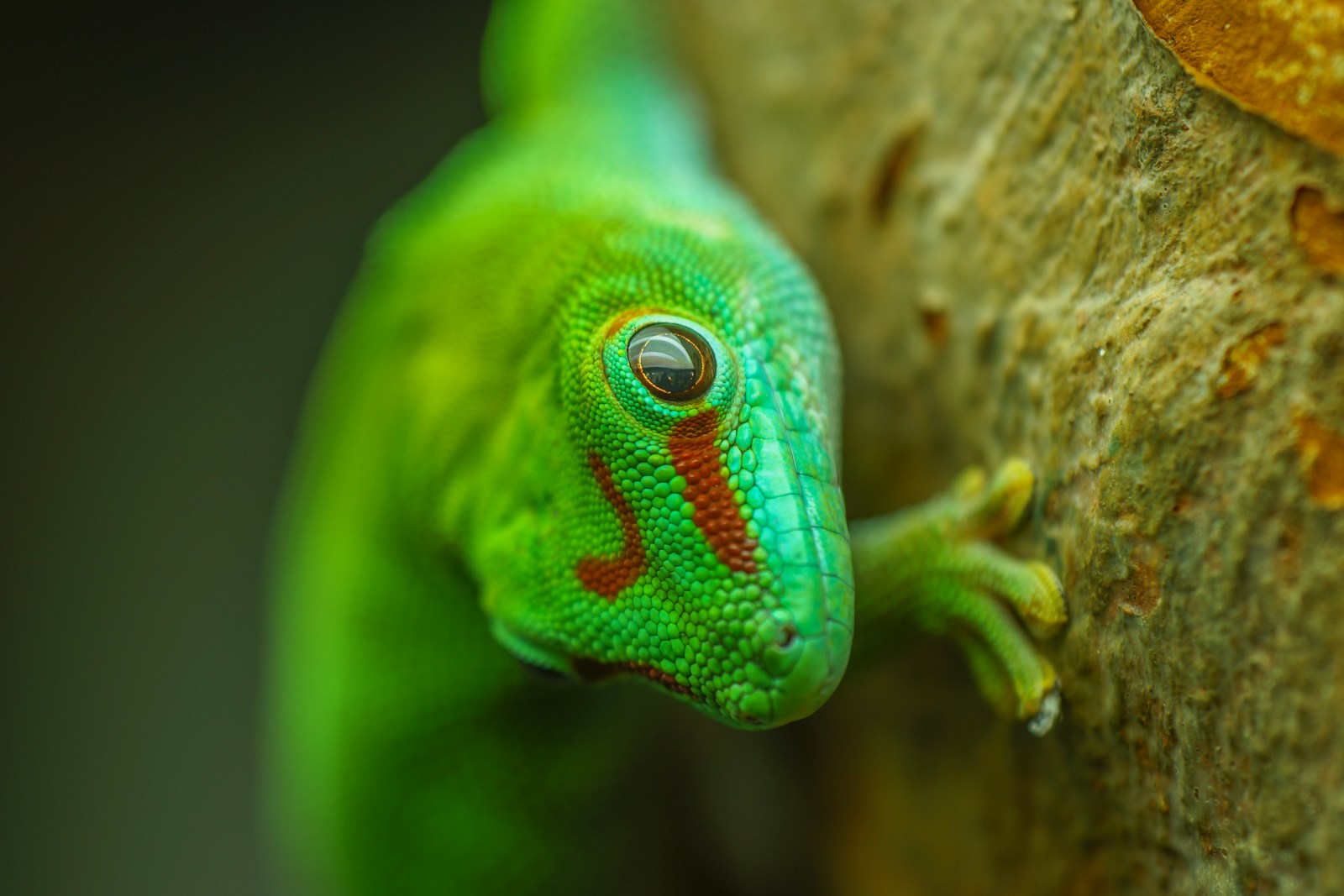

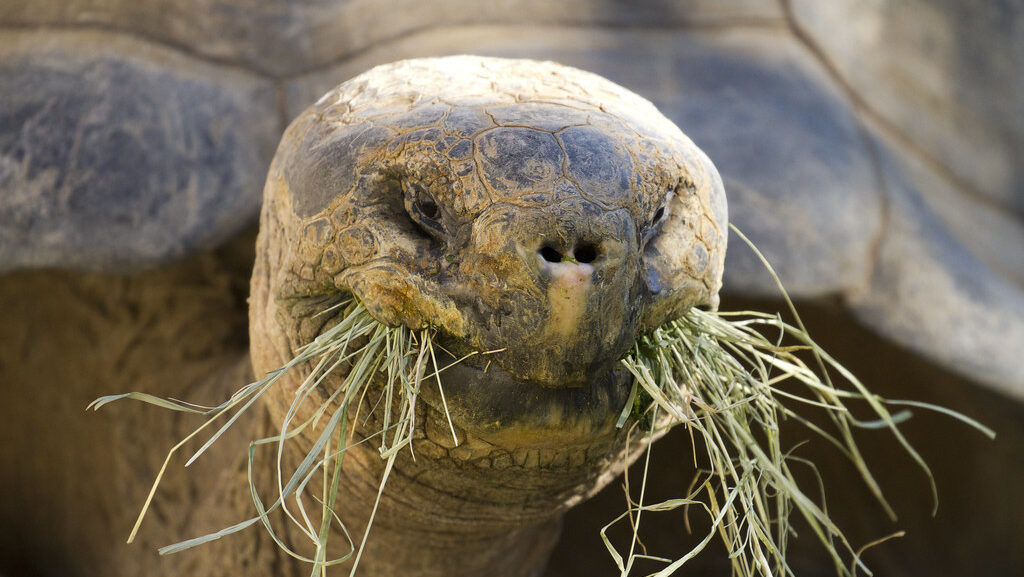
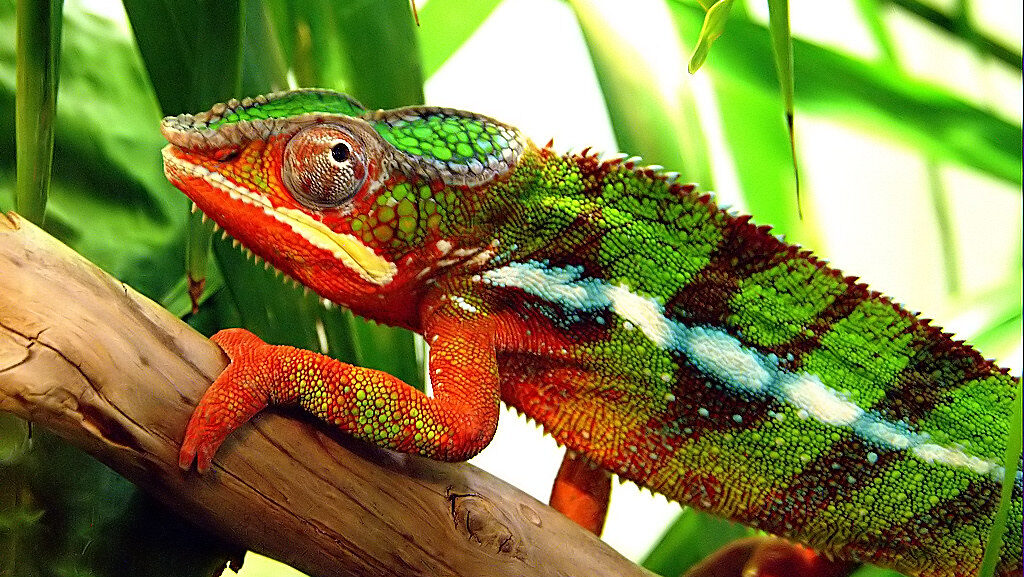
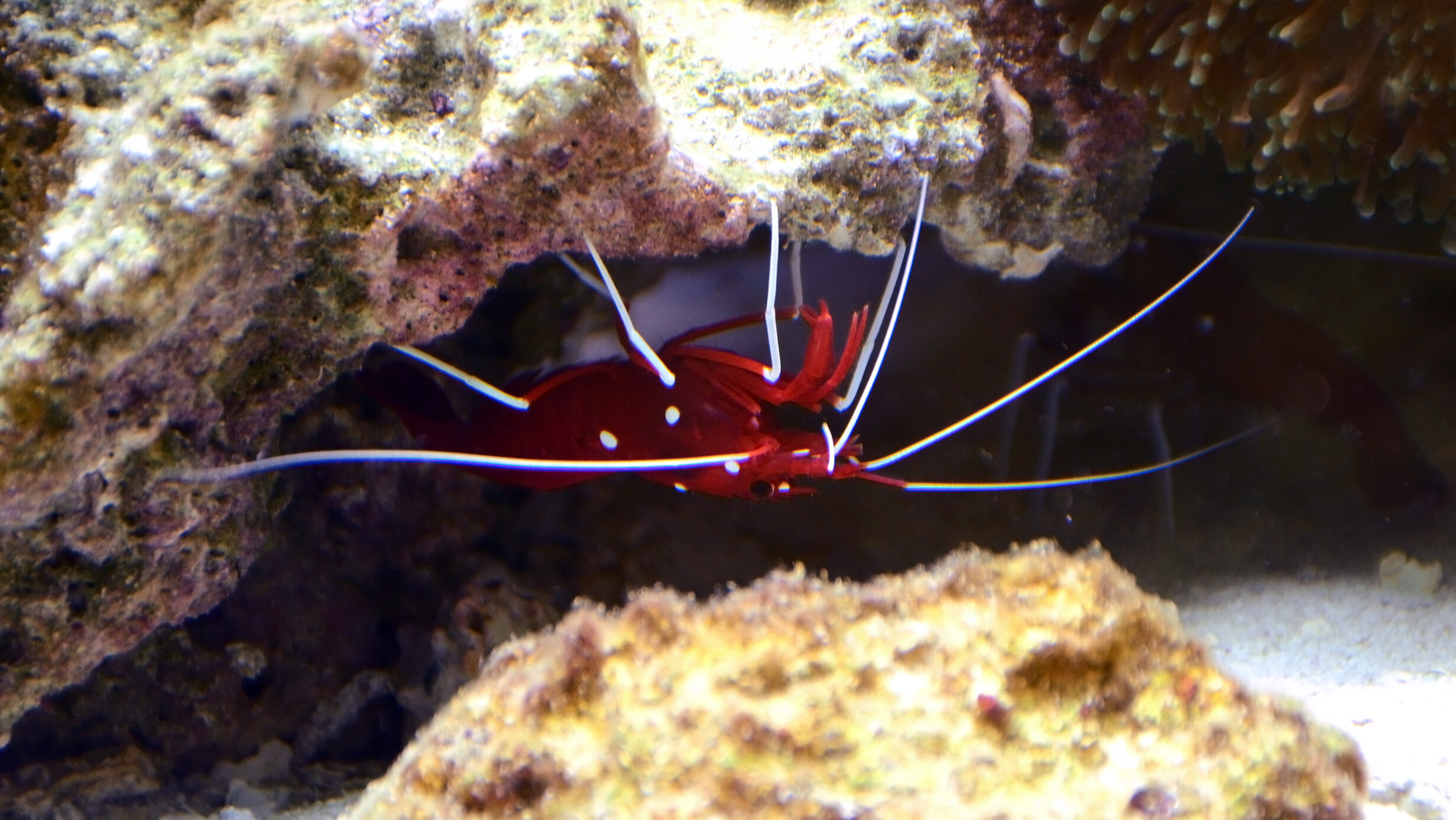
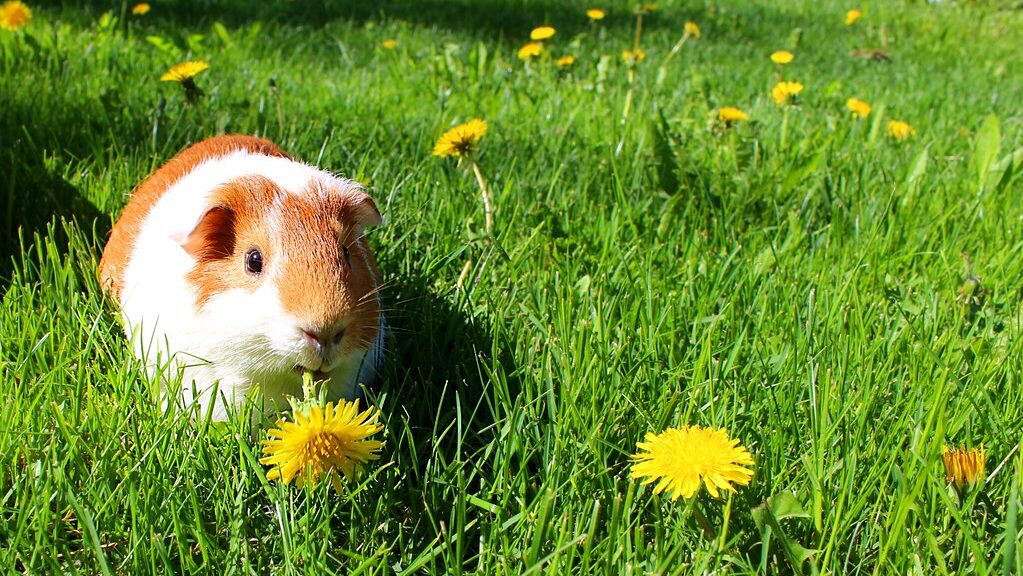
Leave a Reply